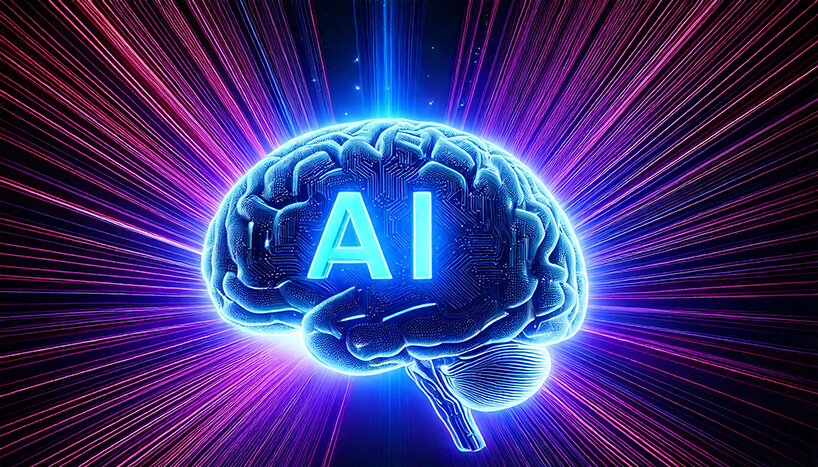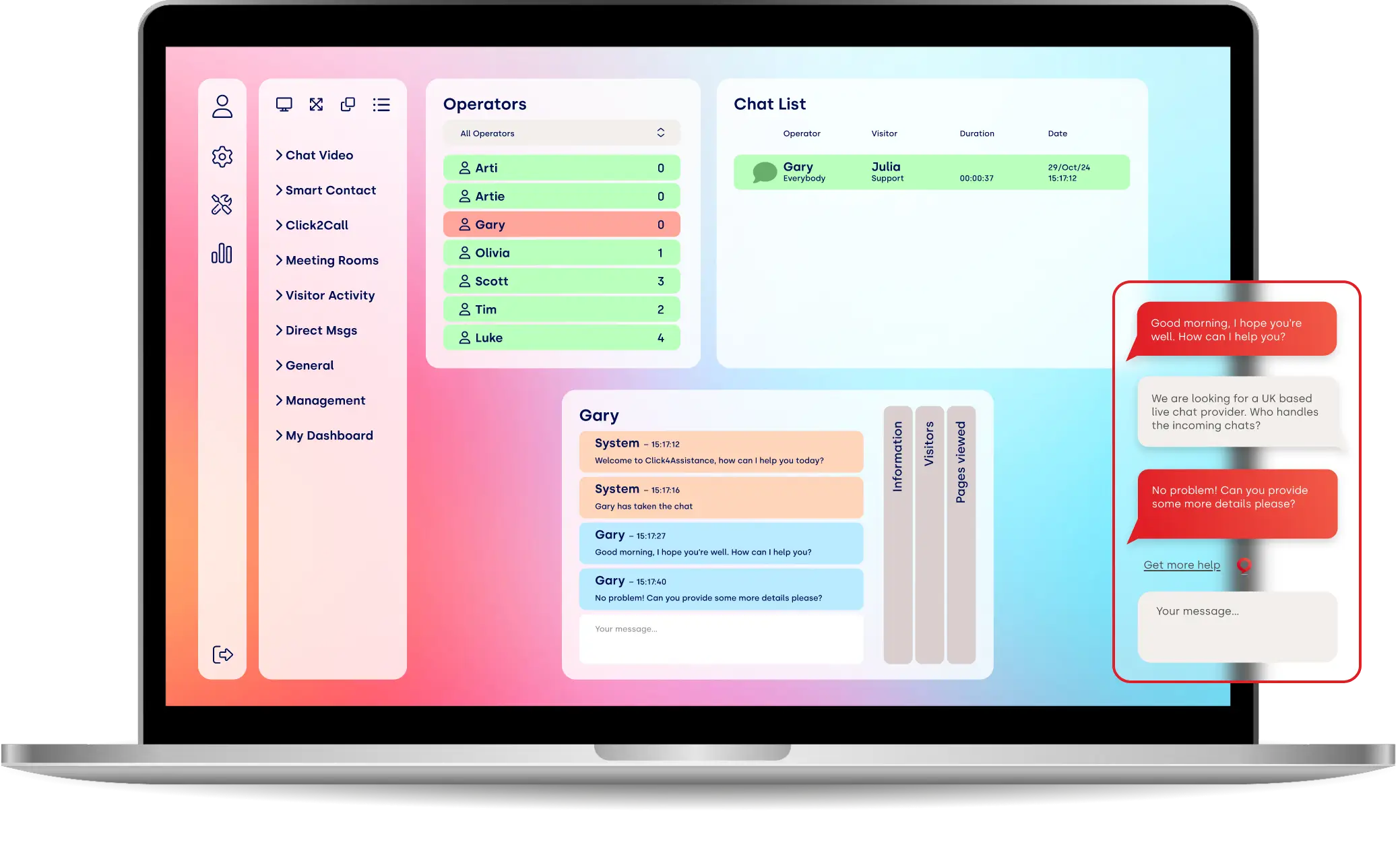AI in movies vs reality

AI in the movies is considerably more advanced than AI on the market today. However, that could change in the future if systems become more capable.
Humanity’s obsession with artificial intelligence is longstanding. While modern computing began with Alan Turing and John von Neumann in the 1940s, historians trace AI concepts back thousands of years.
The first known instance of artificial intelligence is found in Iliad, an ancient Greek epic poem written in the 8th century BC. Author Homer talks about Hephaestus, the god of smithing, who builds servants made from gold that seem like real people, and giant bronze statues to guard Greek shores against invaders.
These early descriptions of artificial intelligence were largely positive. However, later depictions became more dystopian, presaging modern storylines. For example, writers in antiquity began describing the perils of highly intelligent machines, such as driving human beings mad by providing answers to all their questions or, worse still, killing them.
AI In The Movies
This theme continues in literature and movies up until the modern day. On the one hand, writers and producers recognise the immense power of AI, and on the other, they see its potential for existential destruction.
2001: A Space Odyssey is perhaps the greatest AI-themed film of all time. The 1968 classic and adaptation of the book by Arthur C. Clarke, tells the tale of astronauts aboard a spaceship with an intelligent computer, HAL. At first, the machine was cooperative. However, eventually, it starts displaying increasingly erratic behaviour, presaging its emerging consciousness. Eventually, it becomes a battle for survival between man and machine.
The 1980s classic, The Terminator, starring Arnold Schwarzenegger, follows a similar narrative trajectory. Intelligent robots return from the future to annihilate humanity and establish themselves as the dominant species on Earth. Like HAL, the Terminator has goals, objectives, reasoning, and language skills, and can function independently.
1982’s Blade Runner is another example of the war between humans and machines. The plot follows former police officer, Rick Deckard, who works as a Blade Runner, someone tasked with hunting down and killing replicants. His job is to find these android-like beings to prevent human-like machines from taking over society. These machines appear human-like, making it hard to tell them apart from the real thing.
AI In Reality
However, the reality of AI is different from Hollywood's depictions. All these movies refer to a type of AI industry insiders call “artificial general intelligence,” which is a human-like intelligence that can operate across all domains. AI’s in films aren’t just filtering cat images on Google searches or planning aircraft timetables, they can do everything human beings do – and more!
And that’s where it disconnects between the movies and reality hits home. Today’s artificial intelligence technology is domain-specific, meaning it only works in certain areas. It can’t apply itself to multiple problems in different contexts like a person can.
The real question is whether it is theoretically possible to create a movie-like AI in reality. The tech community believes it is, but many scientists aren’t quite sure.
Conscious AIs with human- or animal-like subjective experiences seem outside of the scope of the current technology. Nobel laureate, mathematician, and University of Oxford physicist, Sir Roger Penrose, argues that AIs will never attain the human experience in today’s paradigm because consciousness is not computational. He claims that it doesn’t matter how sophisticated machine learning gets, robots will never attain human-like subjectivity
His belief emerges from the work of Kurt Gödel, a maverick mathematician working in the early- to mid-twentieth century. Gödel developed an “incompleteness theorem” showing that human beings could see a mathematical result was true, even if the underlying system of mathematical language couldn’t prove it. Penrose later interpreted this to mean that something unique is happening inside the human brain that is non-computational. People can see truths that machines or systems of mathematics cannot.
Even so, Penrose’s argument doesn’t rule out that machines could one day mimic human behaviour. Anyone learning how to set up live chat on a website knows that’s true today.
However, it’s not clear whether they would have the same ego minds as people, driven by fear, greed, lust, pleasure and the desire for fulfilment, as in the movies. Human trainers could potentially incorporate these elements into machines’ “objective functions,” but it would always feel ersatz. Machines would just be going through the motions. They wouldn’t really feel it.
Conclusion
Whether you need to worry about AI in the future is an open question. Nobody can predict how highly advanced systems will behave. However, the idea of a computer “waking up” or “becoming sentient” as in the movies seems unlikely in the current computational paradigm. Regardless of how intelligent they seem, they are still just following orders.
























